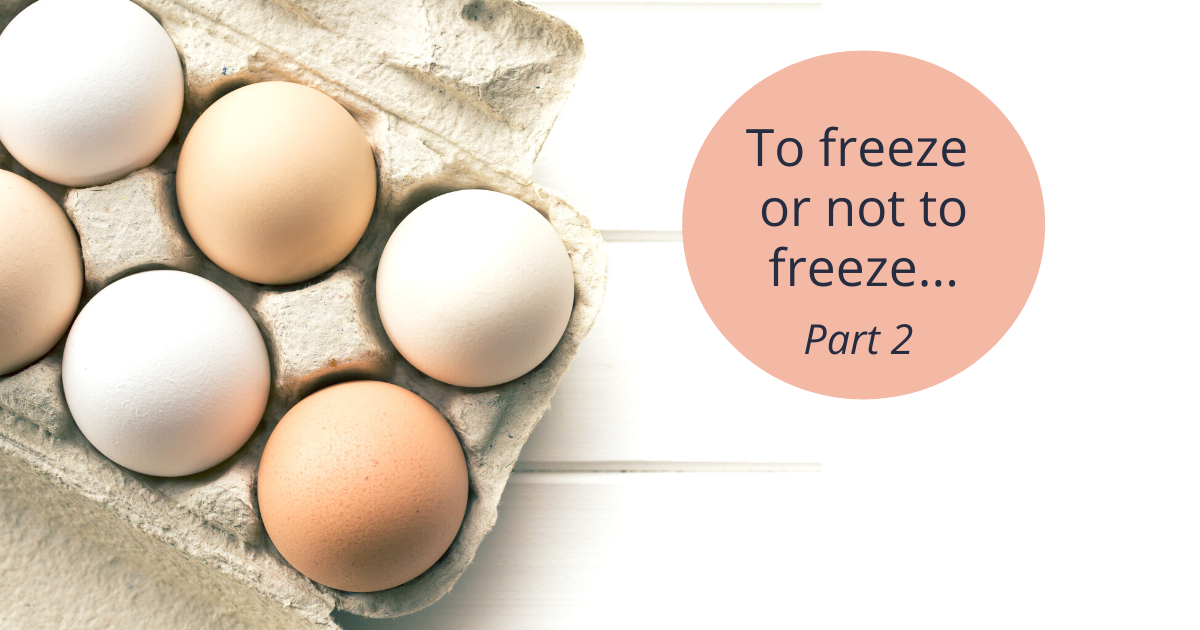How many holes?
Waking up drowsy, feeling the blood pressure cuff on my arm, oxygen mask on my face, oxygen saturation recorder on my index finger, hearing the alarm for my heart rate going off beside me, the only question I had on my mind was “How many holes do I have in my stomach?”.
When I finally got to ask my caring wonderful nurse she replied “4 my love, you have endometriosis” My heart sank, I tried so hard not to cry.
Just hours earlier my fertility specialist had said to me “if you wake up with 2 holes in your abdomen you’re good, 3 or 4 holes and you have endometriosis”. I immediately wondered where the endometriosis was, how extensive and what this meant for my egg freezing process. Knowing my recovery was going to be slower and longer with more time off time than initially expected.
Laparoscopy is the gold standard for diagnosing and removing endometriosis. At this moment I was glad I opted to have the surgery and find out. Knowledge is power and I’m glad it was removed before it could get any worse and potentially affect my fertility.
During my recovery I had lots of time to research endometriosis and there really isn’t much information about who is at risk, how it occurs, how to prevent it or even how to treat it.
Studies suggest 1 in 10 women of reproductive age are affected with endometriosis. Women also present very differently with it, some don’t even know they have it. Some of the possible causes I found were long heavy periods, family history or low body weight. Some of the symptoms can be pain with menstruation, spotting prior to your menstruation, or bladder and bowel problems. There is no real proven link of lifestyle factors causing endometriosis. It was all so confusing with no real answers except for try and be as healthy as possible.
At my post-op appointment my fertility specialist looked me in the eye and said “did you have pain?” well I did, but I wouldn’t have said it was a huge amount of pain, it definitely had gotten worse over the past 15 months and I’d had irregular bleeding all of which prompted me to seek help in the first place. He let out a big sigh and said “women just accept pain when they shouldn’t and most of the doctors who told them to over the years were men who don’t have it, it’s not physiologically advantageous for a woman to be in pain every month”. Huh, so all these years doctors having been telling us it’s normal to have pain when really, biologically, it’s not. Interesting.
I held my breath while he told me where my endometriosis was, it was on my bladder, the ligament holding my uterus and a little on my uterus. I let out a big sigh thankful my fallopian tubes and ovaries were ok. That was my biggest concern!
One of the conversations I had with the fertility specialist previously was about women with endometriosis often having to freeze embryo’s rather than eggs if their ovaries had been affected. I had been having conversations around the complications of freezing embryos with many many questions arising. How to select the sperm while i’m single, how to ask someone and who? How to even come to a conclusion about who? How to select an anonymous donor? During covid where I might be restricted to QLD only? Can I even ask someone I know rather than a stranger? Will I know their medical history? Or just physical appearance? What sort of contract would need to be discussed, what sort of role would I want them to play in any future child’s life? How would my future partner feel if he had to use someone’s else’s sperm if we couldn’t conceiving naturally? Who would be ok with that? As you could imagine my head had been spinning with these questions.
Thankfully my AMH levels were 10.7 – slightly lower than he likes to do an egg freeze cycle (11-30) however, he thinks I can still try to freeze egg’s rather than embryo’s. To which I let out another big breath.
The information that followed from the IVF clinic for my fertility preservation journey was overwhelming. The hormones, the appointments, the schedule, the blood test, ultrasounds OMG! Have I done the right thing?









